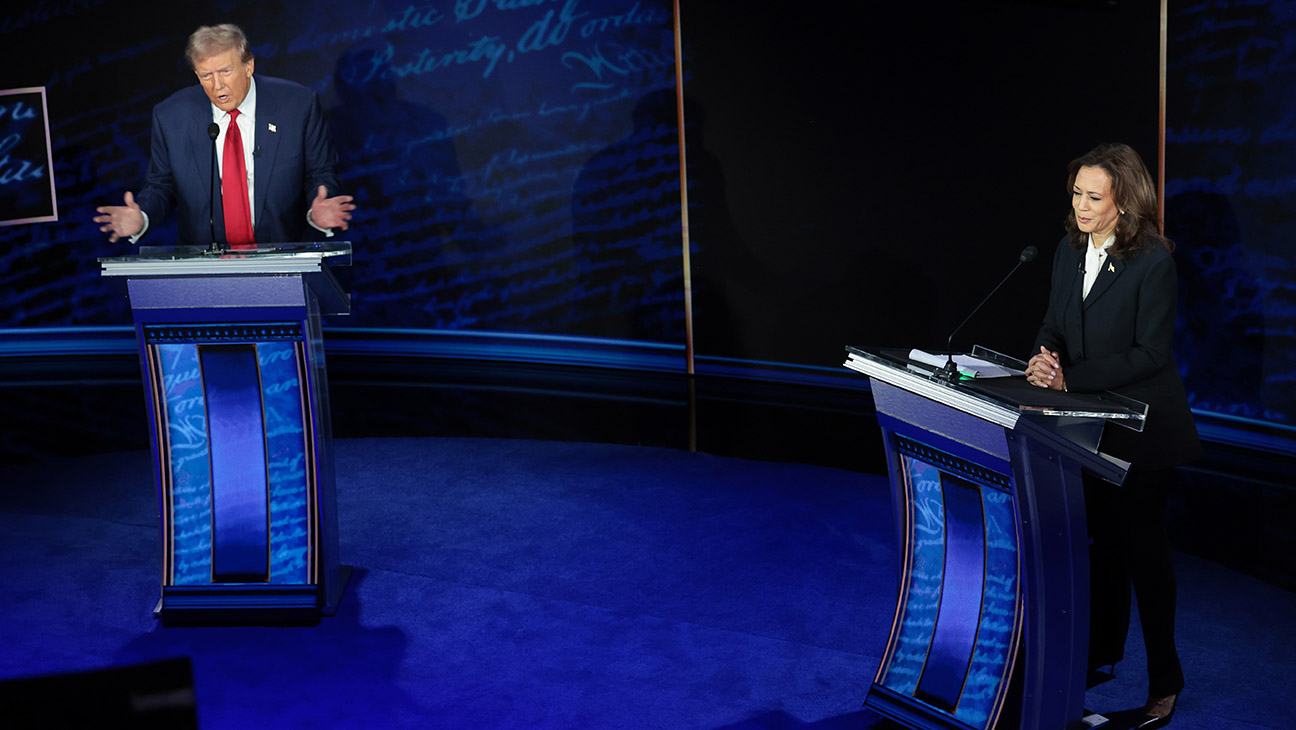

Title: YouTube Takes Action Against Deceptive AI-Created Trailers: Screen Culture and KH Studios Stripped of Revenue
In an important step to tackle misleading material on its platform, YouTube has revoked ad revenue privileges for two prominent channels—Screen Culture and KH Studios. Together, these channels have over two million subscribers and are recognized for making fake trailers that closely resemble genuine Hollywood productions. This decision represents a crucial moment in YouTube’s ongoing initiative to counteract the rising issue of AI-generated content and its capacity to mislead viewers.
What Occurred?
Screen Culture and KH Studios have been excluded from the YouTube Partner Program (YPP), which enables creators to monetize their videos via ads. YouTube pointed to breaches of its monetization guidelines, especially those regarding misleading and deceptive content.
As reported by Deadline, these channels have utilized artificial intelligence to produce hyper-realistic trailers for fictitious films. These videos frequently showcase popular actors and franchises, such as Marvel or Harry Potter, and are crafted to appear as official releases. The outcome? Millions of views and considerable ad revenue—until now.
The Surge of AI and Misleading Material
The integration of AI in content production has surged in recent years, allowing creators to create realistic visuals, voiceovers, and scripts with relative ease. While this technology has unleashed new creative avenues, it has also simplified the production of deceptive content.
Screen Culture, boasting over 1.4 million subscribers, is recognized for crafting “conceptual” fan trailers that merge existing footage with AI-generated segments. KH Studios, with nearly 700,000 subscribers, focuses on “what if” scenarios—such as picturing Henry Cavill as James Bond or Leonardo DiCaprio in a Squid Game sequel.
Though these videos are frequently labeled as fan-made or conceptual, their realistic presentation and absence of clear disclaimers have led many viewers to mistakenly perceive them as official trailers. This has stirred concerns regarding misinformation and the ethical ramifications of AI-generated media.
YouTube’s Policy and Implementation
YouTube’s monetization policy clearly forbids deceptive practices. According to the platform’s guidelines, content that is “misleading, clickbait, or manipulative” cannot be monetized. While creators are permitted to explore fictional and creative concepts, they must do so in an open manner without misleading their audience.
Instead of removing the videos or outright banning the channels, YouTube has chosen demonetization—a strategy that eliminates a major revenue source for the creators while allowing them to remain on the platform. This strategy indicates a refined approach aimed at limiting harmful content without fully suppressing creative expression.
Reactions from Creators
The founder of KH Studios shared their disappointment regarding the decision, stating to Deadline, “I’ve devoted myself to running KH Studio full-time for over three years, investing everything into it. It’s disheartening to see it labeled as ‘misleading content’ in the demonetization outcome when my aim has always been to explore creative avenues—not to mislead about actual releases.”
Screen Culture has not yet provided a public reaction.
The Broader Context
This situation underscores the mounting friction between creative liberty and content integrity on platforms like YouTube. As AI tools advance, the distinction between fiction and reality increasingly blurs, making it more challenging for viewers to determine what is true.
YouTube’s choice to demonetize rather than ban reflects a larger trend in content moderation—one that strives to balance enforcement with creator freedom. However, it also raises critical questions about the platform’s role in overseeing the ethical application of emerging technologies.
What Lies Ahead?
Both Screen Culture and KH Studios have the option to contest YouTube’s decision, though it remains uncertain whether such appeals will succeed. Meanwhile, YouTube has yet to issue an official statement on the issue, even though media outlets like Android Central have sought clarification.
As the digital environment continues to evolve, platforms such as YouTube will likely keep refining their policies to address the challenges posed by AI-generated content. For creators, this serves as a warning: innovation should be paired with transparency and a commitment to audience trust.
Conclusion
The demonetization of Screen Culture and KH Studios signifies a crucial shift in YouTube’s campaign against misleading content. While the use of AI in video production is not inherently an issue, the manner in which it is utilized—and showcased—counts. As YouTube strengthens its policies, creators will need to adjust, ensuring their content not only entertains but also responsibly informs.